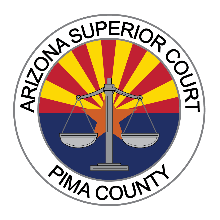Probation officers supervise and often meet with a person who’s on probation. Their job responsibilities include:
Assessing the person on probation for needs they should have met.
Assessing the person on probation for risks they may pose.
Visiting the home of the person on probation.
Helping the person to make sure they have access to any services they may need.
Monitoring the person to make sure that they’re following court orders.
Overseeing the person’s rehabilitation.
Preparing recommendations and reports that the court will use in their judgement.
Supporting the person to help them get their life back on track.
Giving drug tests to make sure the person has not been drinking alcohol or doing drugs.
Oftentimes, probation officers don’t simply have to keep the offending person on track. They also have to handle a variety of problems that require specialized responses from the Court, including drug and alcohol abuse, gang involvement, child abuse, mental illness, domestic violence and sexual abuse.



